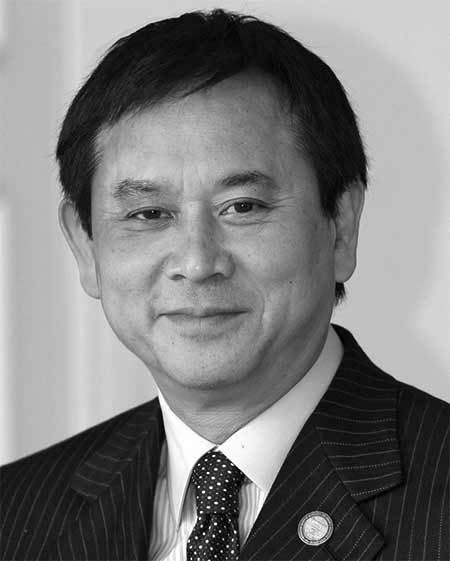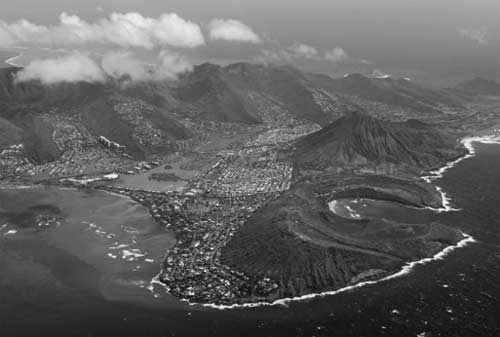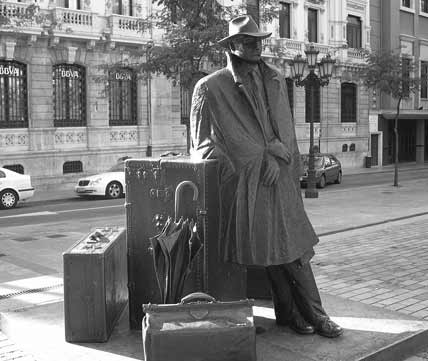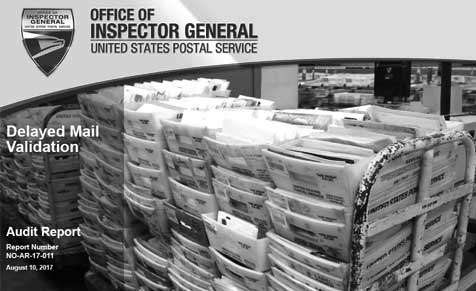Being There for Mom This Mother’s Day – in Sickness and in Health

With aging parents, we often think about the physical ailments that come with getting older. It could be vision loss, arthritis, trouble walking or a new heart condition. We can easily forget the emotional and mental health challenges that our parents may face.
According to the American Psychological Association, one in four adults ages 65 and older experiences a mental health problem such as anxiety or, more commonly, depression. However, older adults are far more likely to discuss physical symptoms than talk about emotions. There is generational stigma at play and the perception that feelings commonly associated with mental illness are just a part of getting older.
If you’re anything like me, your mom is the strongest person you know, and you may never suspect she might be struggling. She may be the one that never misses a birthday or anniversary, makes the perfect cookies, relays the best advice when you have no words and always has a smile on her face. But remember she is human – just like you – and has emotional needs, just like her physical ones.
This Mother’s Day, take the time to check in on your mom, no matter where she is. You can help her avoid future issues or get treatment early if you suspect a problem. So where do you start?
- Visit With Her Regularly: Whether it be in-person, on the phone or video chat, let your mom know you are there. Encourage other family members and friends to do the same. This is the first step to help her avoid loneliness, boredom and even isolation. Also, aim to stay connected with your mom’s closest peers. They can be your lifeline should they suspect an issue and vice versa.
- Track big life changes: As people get older, they may experience difficult life changes – losing a partner, moving out of a home, undergoing surgery or experiencing new physical limitations. Pay special attention to your mom during these times as they could trigger an issue.
- Look for the physical signs: Stress and mental health can impact your physical health as well. Even if your mom seems fine, physical signs that she may be experiencing a mental illness could include difficulty sleeping, a poor appetite or an inability to concentrate.
- Talk about the tough stuff: It can sometimes be difficult to talk about the new emotions and health concerns that arise with growing older. No matter how awkward or even invasive it may feel, carve out time to address potential issues with your mom. You may learn something new. And if you don’t, the door will be open should your mom ever need to talk in the future.
- Be a health advocate: Living a healthy lifestyle has a direct impact on your mental health and well-being. Encourage your mom to schedule regular check-ups, eat a healthy diet and get plenty of exercise. Join your mom for stress-relieving activities like yoga and spending time outdoors. Mental well-being isn’t just beneficial in the short term – according to the Global Council on Brain Health, adults age 50 and older who have mental well-being tend to report better brain health including memory and thinking skills.
- Ask for help: Encourage your mom to schedule an appointment with her physician to be evaluated if you suspect a problem. Some health plans, including some Medicare Advantage plans, also cover telebehavioral health services – where your mom could meet with a behavioral or mental health specialist for conditions including grief and loss, depression, anxiety or relationship issues without leaving the comfort of her own home. You can also contact your health plan and ask for help. Many plans offer behavioral health resources and have referral resources at your fingertips.
We all want to be there for our parents, just like they have always been for us. Part of “being there” is acknowledging that the life changes they are experiencing can be challenging and letting them know you have their back.
Catherine Field, based in Federal Way, is Market Medicare President at Humana.









